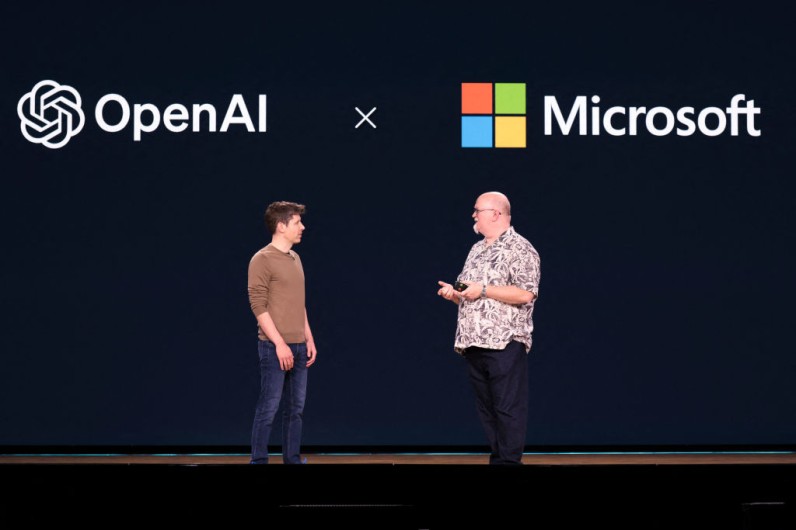
The Center for Investigative Reporting (CIR), publisher of magazines Mother Jones and Reveal, has filed a lawsuit against OpenAI and its primary partner Microsoft, AP News reported.
The lawsuit, filed in a federal court in New York, alleges that OpenAI used CIR's journalistic content without permission or compensation, specifically targeting AI-generated summaries of articles.
Monika Bauerlein, CEO of CIR, emphasized the potentially devastating impact on independent newsrooms, stating, "It's immensely dangerous... when people can no longer develop that relationship with our work."
She expressed concerns that reliance on AI tools for content consumption could undermine the financial foundation of news organizations like Mother Jones, which is essential for their independence and journalistic integrity.
READ MORE : US to Restrict OpenAI Access in China, Prompting Chinese AI Companies to Pursue its Users Aggressively
Lawsuit Against OpenAI and Microsoft for Copyright Content
Mother Jones' lawsuit is not the first for OpenAI and Microsoft as they already face multiple lawsuits in federal courts, including from authors and other media entities, alleging unauthorized use of their content.
Last week, VCPost reported that startup AI companies were found to be doing the same and were using a tool to bypass web protection to access content with no permission.
While some media organizations have opted to collaborate with OpenAI through licensing agreements, others, like CIR, have chosen litigation to protect their intellectual property rights.
The debate hinges on "fair use" interpretations under US copyright law. Tech firms argue that their AI training methods using publicly accessible online content fall within legal boundaries. However, critics say that such practices exploit content creators without proper compensation, raising ethical and legal questions about the future of digital content consumption.







Join the Conversation